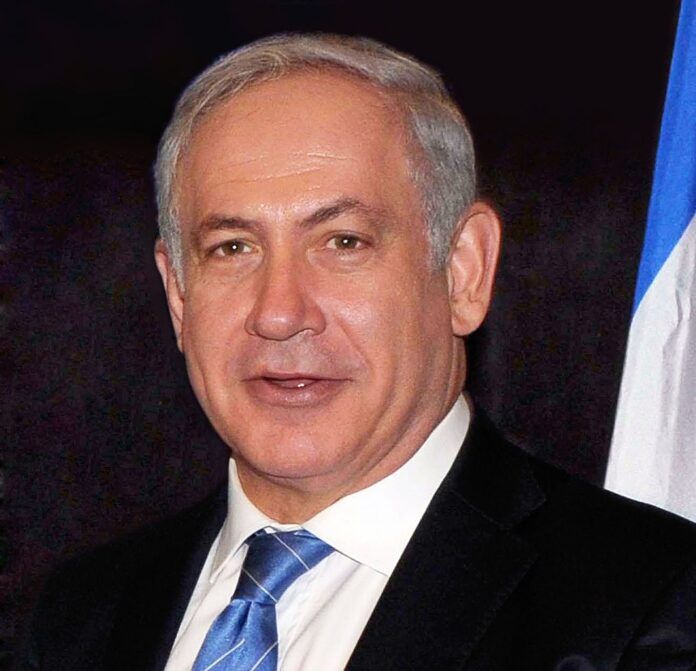The conflict in Gaza continues to escalate, drawing international attention and straining diplomatic relations. The relentless air and ground offensives by Israeli forces have resulted in dozens of casualties, including a tragic incident at a school designated as a shelter for displaced individuals. The conflict’s ferocity underscores the deep-seated tensions defining the Israeli-Palestinian relations, casting a long shadow over regional stability.
In the realm of diplomacy, Israel’s decision to close its embassy in Dublin serves as a stark indicator of the growing diplomatic friction between Israel and Ireland, triggered primarily by Ireland’s critical stance on the conflict. This move by Israel reflects broader international repercussions and a recalibration of foreign policy strategies in reaction to perceived international bias.
Adding layers to this geopolitical narrative, recent conversations between Israeli Prime Minister Benjamin Netanyahu and former U.S. President Donald Trump signify attempts at gathering support and influence amidst the unfolding crisis. Their discussion, also touching upon Syria and hostages held by Hamas, underscores the multifaceted nature of regional security issues that transcend the immediate conflict zone.
Moreover, Israel’s increasing military focus on strengthening its hold over the Golan Heights illustrates an assertive approach to securing its northern frontier amidst shifting geopolitical alliances in Syria post-Assad. This strategy is part of a broader defense posture aimed at deterring perceived threats from Syrian territories.
The ramifications of these developments are far-reaching, affecting both bilateral relations and broader geopolitical alignments. Observers are keenly watching how these shifts will influence future peace processes and regional diplomacy in the Middle East.
Embed from Getty ImagesPerspectives
Perspective 1: Pro-Israeli perspectives emphasize Israel’s right to defend its citizens against rocket fire from Gaza. They argue that the military offensive is a necessary measure to curb militant capabilities and safeguard Israeli settlements. These proponents highlight the unfortunate civilian casualties in Gaza while attributing them to Hamas’s tactics of operating within populated areas, citing this as a catalyst for international sympathy towards Israel.
Sources:
REUTERS
AP NEWS
Perspective 2: Pro-Palestinian voices decry the disproportionate impact on civilians in Gaza. They argue that the Israeli offensives exacerbate humanitarian crises and violate international laws. Activists urge increased international pressure on Israel to cease military operations and promote dialogue. They also criticize nations that remain neutral or supportive of Israel’s actions, stressing the urgency of lifting the blockade and addressing Palestinian grievances.
Sources:
REUTERS
AP NEWS
Perspective 3: There is a scholarly perspective focused on the geopolitical implications of Israel’s maneuvers, including its diplomatic strategies and the closure of the Dublin embassy. Experts see these actions as reflective of a broader trend in Israel’s foreign policy that prioritizes regional alliances over global consensus. They emphasize a need for diplomatic agility to manage fallout from controversial military strategies and realignment concerning Syria.
Sources:
REUTERS
AP NEWS
